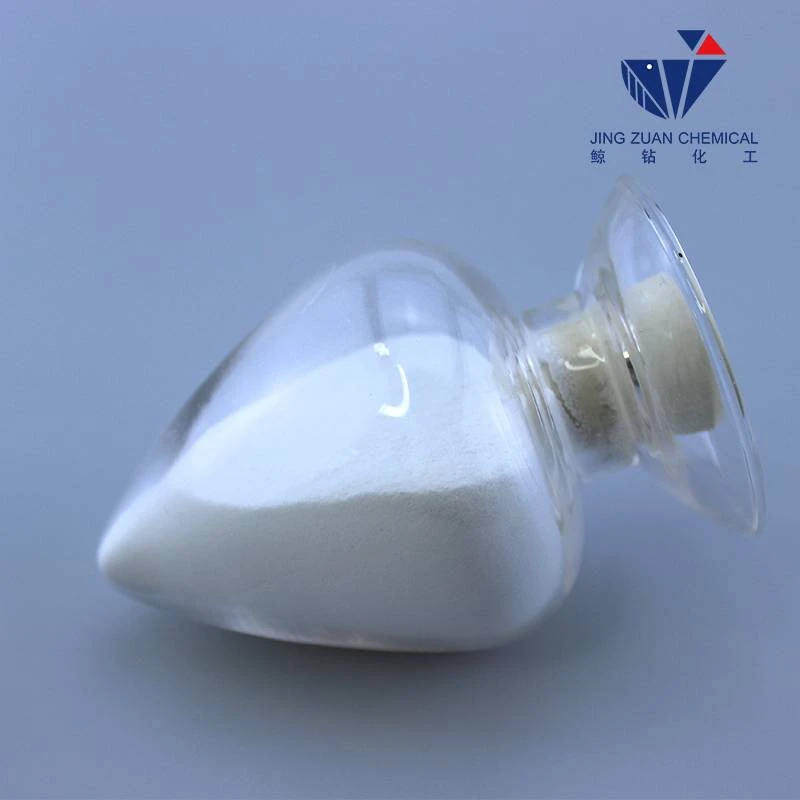
Okt . 02, 2024 00:16 Back to list
Exploring the Chemical Structure of HPMC and Its Applications in Various Industries
The Chemical Structure of HPMC Insights and Applications
Hydroxypropyl methylcellulose (HPMC) is a versatile cellulose ether that has garnered significant attention in various industries, including pharmaceuticals, food, and construction. Its unique chemical structure endows HPMC with properties that make it valuable in numerous applications. Understanding this chemical structure not only illuminates the functionality of HPMC but also enhances its potential for innovative uses.
Chemical Structure
HPMC is derived from natural cellulose, which is a linear polymer composed of repeating units of glucose. The process of modifying cellulose involves the introduction of hydroxypropyl and methyl groups onto the cellulose backbone, leading to a multifunctional compound. The exact degree of substitution for both hydroxypropyl and methyl groups varies, resulting in different grades of HPMC that offer tailored properties for specific applications.
The simplified structure of HPMC can be represented as follows
- The backbone consists of β-D-glucopyranose units linked by β-1,4-glycosidic bonds. - Hydroxypropyl groups are substituted on the hydroxyl groups of the cellulose molecule. - Methyl groups are also attached, which contribute to the hydrophobic character of HPMC.
This modification significantly alters the solubility, viscosity, and gelling properties of the original cellulose. The presence of both hydrophilic hydroxypropyl groups and hydrophobic methyl groups allows HPMC to dissolve in water and form gel-like substances, which are essential in many industrial applications.
hpmc chemical structure

Applications
1. Pharmaceuticals In the pharmaceutical industry, HPMC is extensively used as a binder in tablet formulations, ensuring uniformity and stability in the final product. Its film-forming capabilities make it an excellent candidate for coating tablets, providing a protective layer that enhances the stability of active ingredients against moisture and oxygen. Furthermore, HPMC is also utilized in the formulation of sustained-release drug delivery systems, where its viscosity-controlling properties help in regulating the drug release rate.
2. Food Industry HPMC is employed in food applications as a thickening agent, emulsifier, and stabilizer. It helps maintain the texture and consistency of various food products, including sauces, dressings, and baked goods. Its ability to retain moisture also contributes to prolonged shelf life, making it an essential ingredient in many processed foods.
3. Construction In the construction industry, HPMC serves as a crucial additive in cement-based materials and mortars. It improves workability, enhances water retention, and increases adhesion, thereby facilitating better performance of construction materials. Its film-forming properties contribute to the durability of construction products, making HPMC an indispensable component in modern construction practices.
4. Cosmetics HPMC is also widely used in the cosmetics industry for its gelling and thickening properties. It is found in a variety of personal care products, including lotions, shampoos, and gels. Its compatibility with a range of ingredients allows formulators to create stable and aesthetically pleasing products.
Conclusion
The chemical structure of HPMC plays a pivotal role in defining its multifunctional properties, making it an essential compound across various industries. Its unique ability to merge hydrophilic and hydrophobic characteristics opens the door to innovative applications, driving advancements in pharmaceuticals, food, construction, and cosmetics. As research continues to unveil new uses and formulations, HPMC stands out as a material with immense potential, rooted in its distinctive chemical constitution. Understanding the intricacies of its structure not only enhances our grasp of its functionalities but also inspires future innovations that can benefit society in numerous ways.
-
Why HPMC is a Key Additive in Wall Putty Formulations
NewsAug.05,2025
-
Redispersible Powder in Decorative Renders: Function Meets Finish
NewsAug.05,2025
-
Redispersible Powder for Interior Wall Putty: Smooth Results Every Time
NewsAug.05,2025
-
HPMC’s Water Retention Capacity in Dry Mortar Applications
NewsAug.05,2025
-
HPMC Factory Contributions to Liquid Detergents
NewsAug.05,2025
-
How HPMC Factory Products Change Detergent Textures
NewsAug.05,2025







